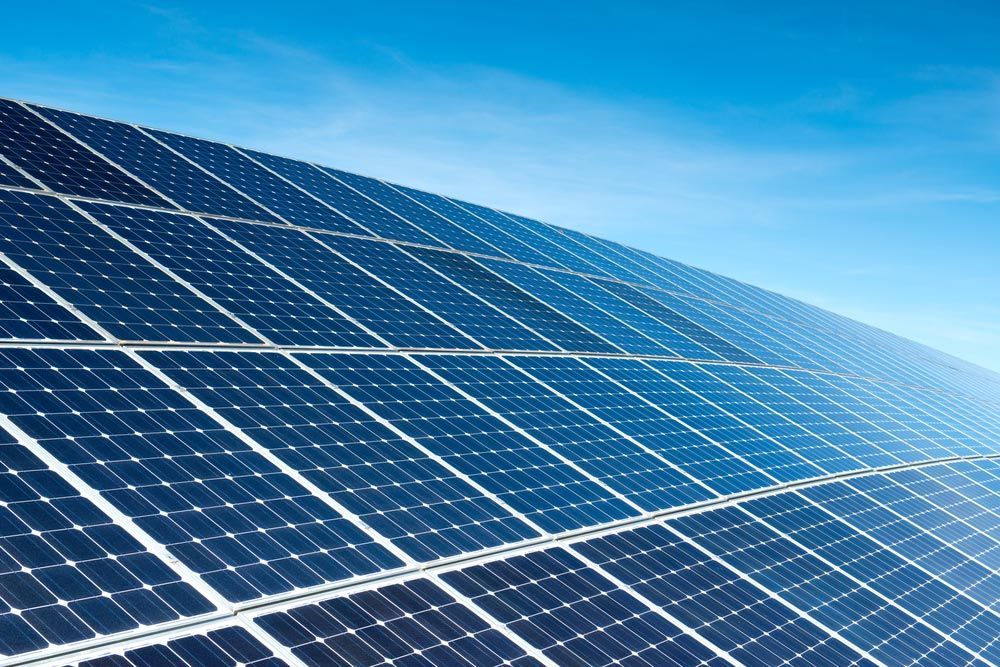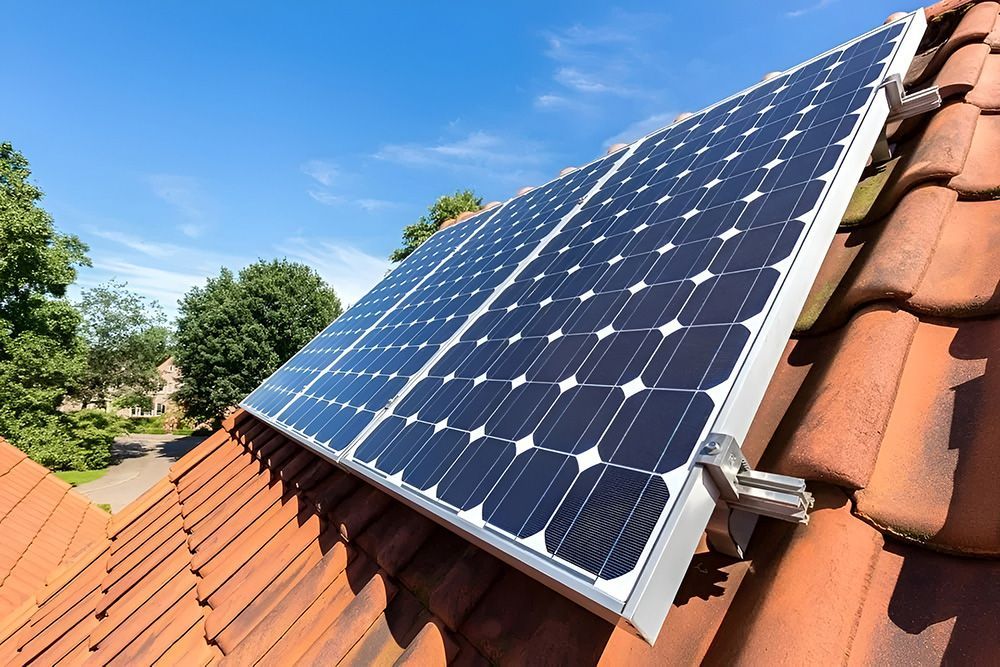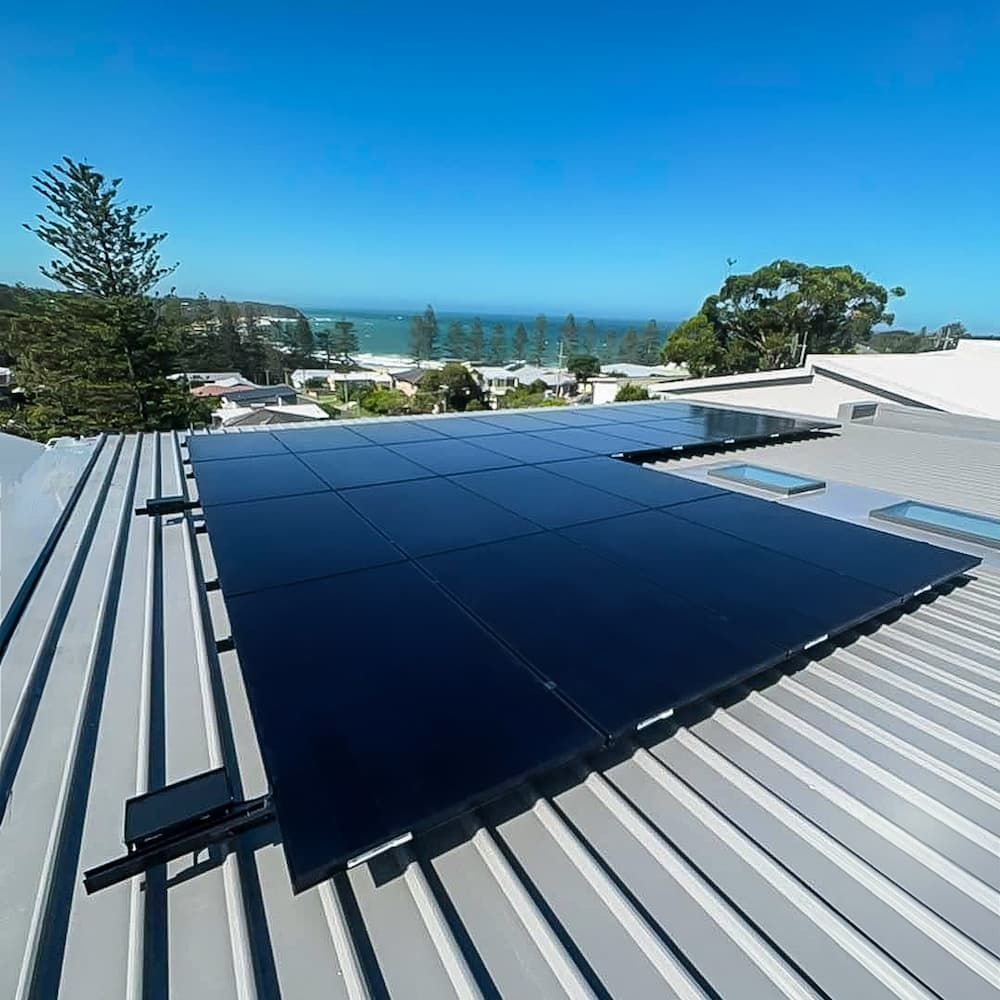Grid-Connected Vs Off-Grid Solar Systems: Which Is Right For You?
Mackies • October 23, 2025
With energy prices rising and sustainability becoming a priority, more Australians are investing in solar power to gain control over their electricity use. Yet one key decision remains: should you choose a grid-connected or off-grid solar system?
Both options harness solar energy but differ in how power is stored and managed. Grid-connected systems let you use and export electricity to the grid, earning credits through feed-in tariffs. Off-grid systems, on the other hand, operate independently, offering full energy freedom. Understanding how each works helps you choose the right solution for your home or business.
Understanding How Grid-Connected Solar Systems Work
A grid-connected solar system operates in conjunction with the main electricity network. Your solar panels first power your home or business, and any excess goes to the grid. In return, you may receive credits or payments through a feed-in tariff, reducing your overall electricity bill.
This system remains connected to the grid, ensuring that even on cloudy days or during peak energy use, your property continues to receive power without interruption. Grid-connected solar is popular for households in established areas because it combines cost savings with dependable access to electricity.
Key benefits of a grid-connected system include:
- Continuous electricity supply, even when solar output is low
- Access to feed-in tariffs for exporting excess energy
- Lower upfront installation costs compared to off-grid systems
- Minimal maintenance and simpler system design
Exploring the Freedom of Off-Grid Solar Systems
An off-grid solar system functions entirely independently of the electricity grid. It relies on solar panels to generate energy and uses a battery bank to store power for use at night or during low sunlight periods. For remote areas or properties with limited grid access, this setup provides complete energy autonomy.
Off-grid systems require careful design to ensure they produce and store enough electricity for daily use. Backup generators are often included to provide additional power during prolonged cloudy weather or high consumption periods.
Essentials for an effective off-grid system include:
- High-efficiency solar panels
- Deep-cycle battery storage for night-time use
- Inverters to convert DC to AC power for household use
- Backup generator for energy security during low production
Comparing Costs: Upfront Investment vs Long-Term Value
Grid-connected systems are generally cheaper to install because they don’t require batteries. Off-grid systems cost more initially but eliminate power bills and offer long-term savings.
| Feature | Grid-Connected | Off-Grid |
|---|---|---|
| Upfront Cost | Lower | Higher |
| Energy Bills | Reduced | None |
| Feed-In Tariff | Available | Not applicable |
| Battery Requirement | Optional | Essential |
| Long-Term Savings | Moderate | High (after payback period) |
Energy Reliability: Balancing Independence & Stability
Grid-Connected Reliability
Grid-connected systems provide consistent access to power. When solar generation is low, the grid acts as a safety net, ensuring uninterrupted electricity. This makes them highly suitable for urban areas where reliability and convenience are priorities.
Advantages:
- No power interruption during overcast days
- Automatically draws from the grid when solar supply drops
- Ideal for areas with stable grid infrastructure
Off-Grid Reliability
Off-grid systems depend on battery storage and solar generation. While they offer energy independence, reliability depends on proper system sizing and battery management. In rural or isolated areas, this independence ensures continued power even during grid outages.
Advantages:
- Completely self-sufficient power supply
- No reliance on the grid or external providers
- Greater energy control through monitoring and storage systems
Sustainability & Environmental Impact
Both grid-connected and off-grid systems contribute to a cleaner, greener environment. By generating renewable energy from sunlight, they help reduce greenhouse gas emissions and reliance on fossil fuels.
However, off-grid systems can go a step further by promoting complete energy self-sufficiency. Grid-connected systems still rely on the network during low sunlight periods, meaning a small portion of electricity may still come from non-renewable sources.
Environmental advantages include:
- Significant reduction in carbon emissions
- Renewable and sustainable energy generation
- Potential eligibility for renewable energy incentives
- Support for Australia’s transition to cleaner power
Maintenance & Monitoring: Keeping Your Solar Efficient
Regular maintenance ensures your solar system performs at its best. Both grid-connected and off-grid systems require periodic checks, but off-grid setups typically demand more attention due to battery and generator components.
Key maintenance tasks include:
- Cleaning solar panels every few months to remove dust and debris
- Checking inverter performance and system monitoring software
- Inspecting battery health and storage efficiency (off-grid only)
- Ensuring all connections and cables are secure and corrosion-free
Choosing the Right System for Your Lifestyle & Location
Selecting between grid-connected and off-grid solar depends on where you live, your power consumption, and your energy goals.
For suburban homeowners with access to reliable grid infrastructure, a grid-connected system offers affordability, convenience and feed-in tariff benefits. For rural property owners or those seeking full independence, an off-grid system ensures energy freedom and resilience against outages.
Scenario examples:
- Urban households: Grid-connected solar for lower bills and grid stability.
- Rural or remote properties: Off-grid system with large battery capacity.
- Eco-conscious families: Hybrid solutions combining grid access with storage for maximum flexibility.
By matching your lifestyle and location to your system choice, you’ll achieve a balance between reliability, sustainability and cost efficiency.
Getting Expert Guidance on Solar Port Macquarie Solutions
Understanding the technical and practical differences between solar systems can be complex, but professional advice ensures you make the right decision for your needs. A qualified solar specialist can assess your property, energy habits and budget to recommend the most efficient system setup.
Professional guidance helps you:
- Identify the right system size for your energy demands.
- Choose high-quality components for performance and longevity.
- Understand how battery storage and inverters influence output
- Maximise savings through government incentives and energy monitoring
Discover the Benefits of Going Solar in Port Macquarie
At Mackies Group, we’re passionate about helping homeowners and businesses transition to clean, reliable solar power. Our team offers complete solar solutions for Port Macquarie, from grid-connected systems to fully off-grid installations. We take the time to understand your property’s energy needs, designing efficient systems built for performance and sustainability.
Whether you want to reduce electricity bills or achieve full energy independence, our solar experts can help you make an informed choice. Get in touch via our contact page to discuss your solar goals or arrange a consultation today.




